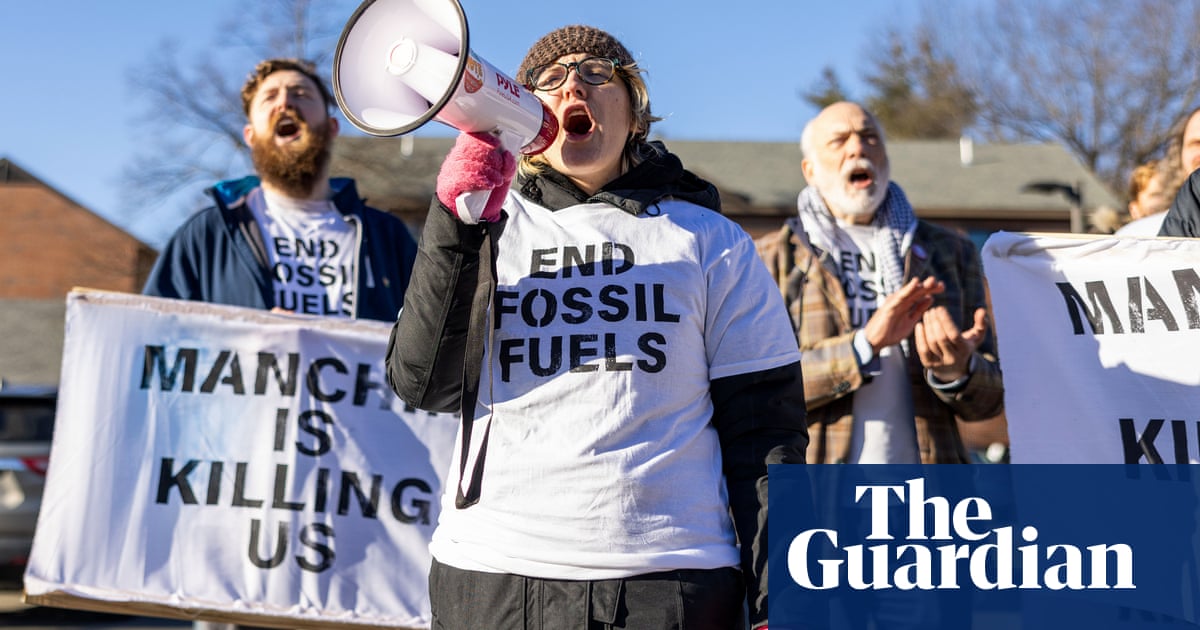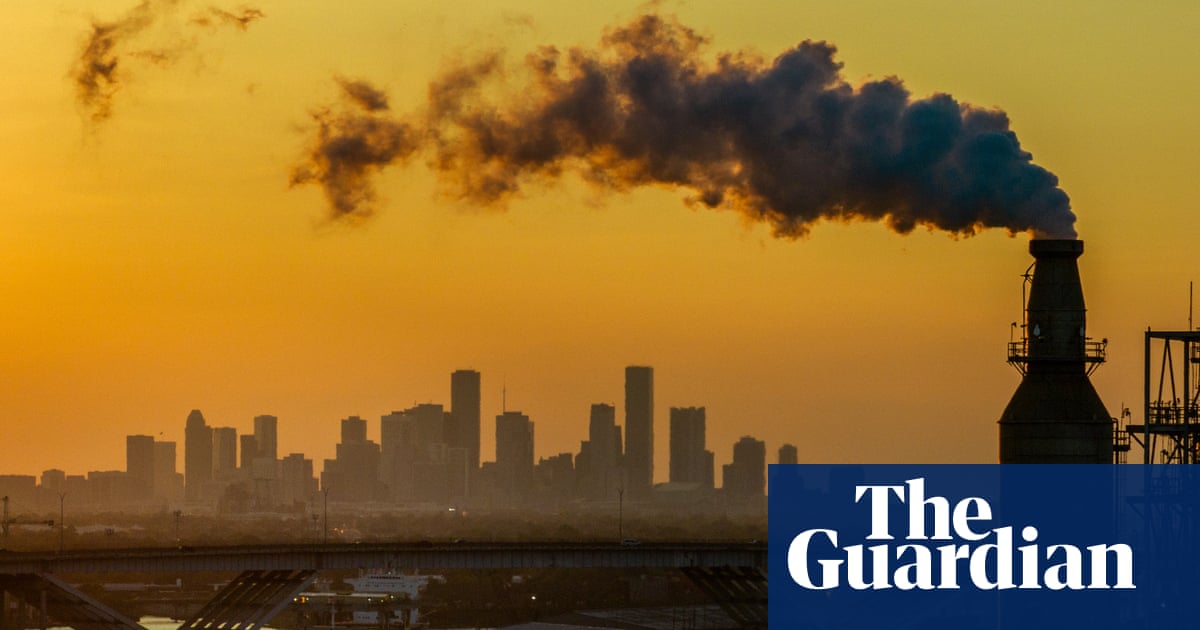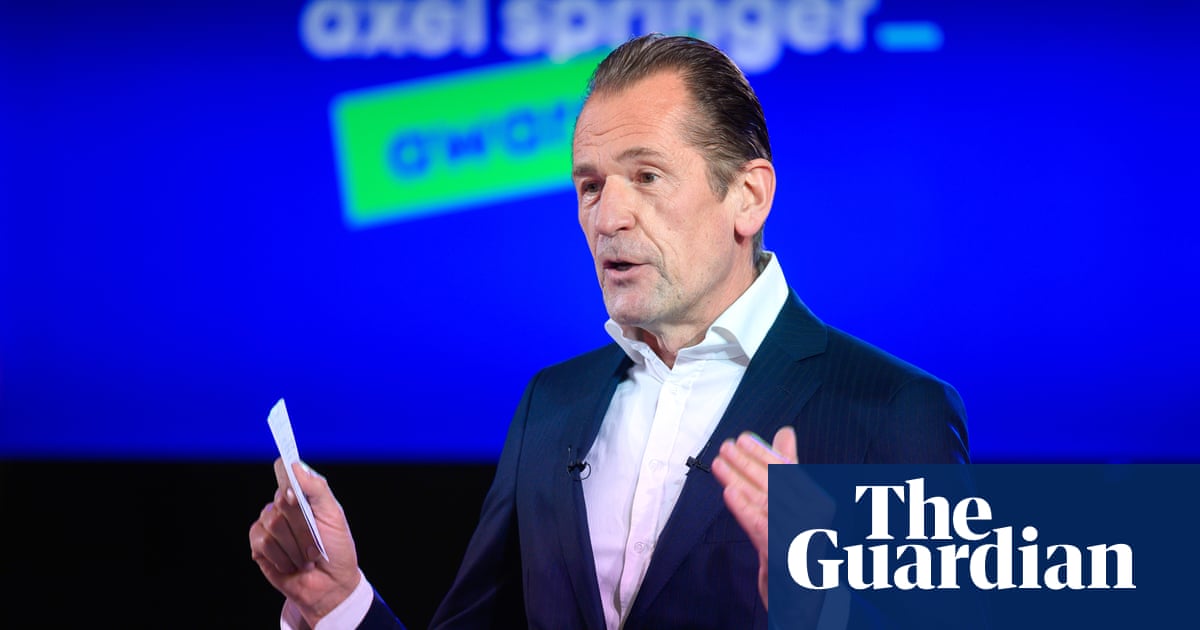
Three years ago, when the titans of industry gathered in Davos, the oil sector was grappling with prices sinking below $30 a barrel. Two years ago, Saudi Arabia and Russia hatched a strategy to rebalance prices by cutting production. In 2018, there was a great deal more talk of the “Great Energy Transition” at the World Economic Forum (WEF) as prices for renewable energy became competitive with hydrocarbons.
But up in the Swiss Alpine enclave this year, energy titans were being forced to face up to a vastly different challenge, with real demands to roll out concrete plans to combat climate change.
CNN Business hosted two energy panels at the World Economic Forum — “The New Energy Equation” and “The Great Energy Race” — filled with leading voices from the oil and gas industry: CEOs, international organizations such as OPEC and the International Energy Agency and leading academics. The call was to “walk the talk” and do a much better job communicating what they are doing.
“There is no doubt through the consensus here in Davos … that our industry is literally under siege; the future of oil is at stake and there is a need for the industry to come together and respond with the facts which we have,” said Mohammed Sanusi Barkindo, OPEC’s secretary-general.
A similar refrain was articulated throughout the week during closed-door discussions where the real work gets done at the forum, especially in the WEF’s energy board of governors meeting, which includes a full line-up of oil and gas stakeholders.
Sources attending those sessions said that at least a third of the time was spent on the climate change agenda and the necessity for full disclosure as investors vote with their wallets and look for environmentally friendly sectors to park their funds. A figure widely quoted during both panel sessions was the rapid decline of market capitalization for oil and gas producers, from 16 percent of the broad S&P 500 index a decade ago, to just 5½ percent today.
“How do we get the hearts and minds of investors back? That is a real challenge for our industry to get the economic capital back for the economic prosperity around the world going forward,” said John Hess, chairman and chief executive of the energy company that bears his name.
Hess is one of America’s largest shale producers, active in the Bakken oil field in North Dakota and outside the US in, for example, Guyana, where it is partnering with ExxonMobil.
He told the panel that the company conducted its first sustainability report just over 20 years ago, but annual reports by Hess and others are clearly not enough considering
European pressure to divest holdings in oil and gas companies, with Norway’s sovereign fund (filled by decades of oil and gas profits) now leading the call to action.
Vicki Hollub, the usually reserved chief executive of Occidental Petroleum, was not shy in putting forward the company’s investment in CO2 technology to enhance oil reservoir management and reduce emissions in Occidental’s operations. Like Hess, she stressed the need to articulate concrete results that have been in the works over the past decade.
“We specifically at Occidental feel like if you are not addressing and putting in place a climate change plan or a plan to deal with the issues of climate change then you are really behind the eight ball already,” Hollub told the audience in Davos.
Those in industry suggest BP fits into a special category of reputational challenges, having to pay out $65 billion dollars for legal settlements for the Deepwater Horizon spill in the Gulf of Mexico. With 6,000 of his staff working in the renewable sector, BP’s Bob Dudley said that due to the need for development and energy access, the world cannot race to get out of hydrocarbons but instead must pursue a realistic transition that panelists suggested will last at least two decades.
“There’s just too many people, a billion people don’t even have access to electricity today, so we are going to need all forms of energy, produce efficiently, reduce emissions in our own operations, improve the products we make and create new business models,” Dudley said.
The goal as part of the Paris (climate change) Agreement is to limit the earth’s warming to well below 2 degrees Celsius this century. To deliver, Hess said that 15 major improvements in the energy sector need to come into force through every facet of the supply chain: Oil, gas, coal, nuclear, wind and solar.
The hill is a steep one, but unlike US President Donald Trump who pulled out of that agreement, the energy executives did not refute the science. “You see it in higher temperatures, you see it in warming oceans where water is acidifying, you see it in melting glaciers,” said Hess, “I don’t think anyone disagrees with that … climate change is real.”
John Defterios is CNNMoney emerging markets editor and anchor based in Abu Dhabi. Twitter: @JDefteriosCNN












